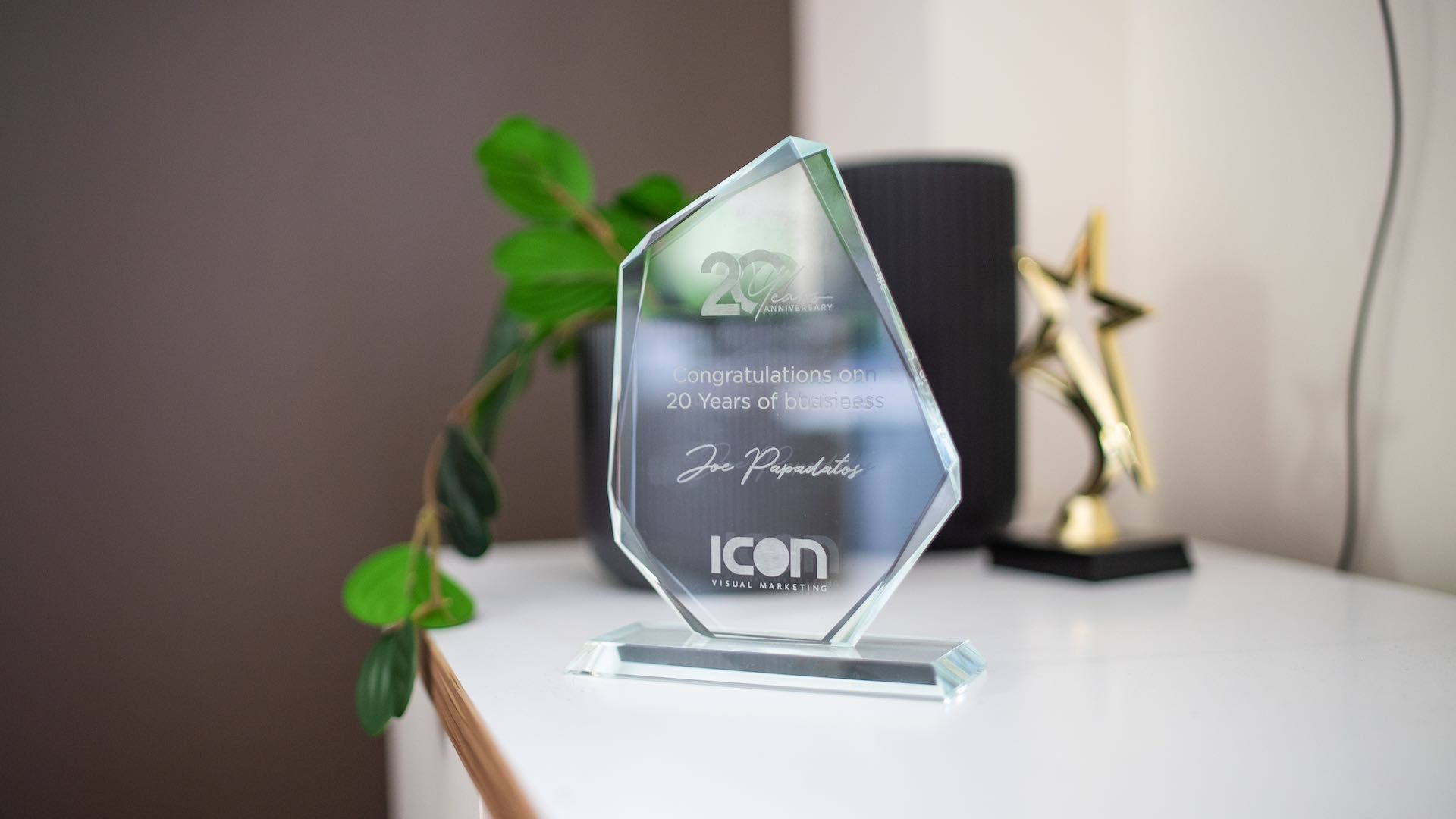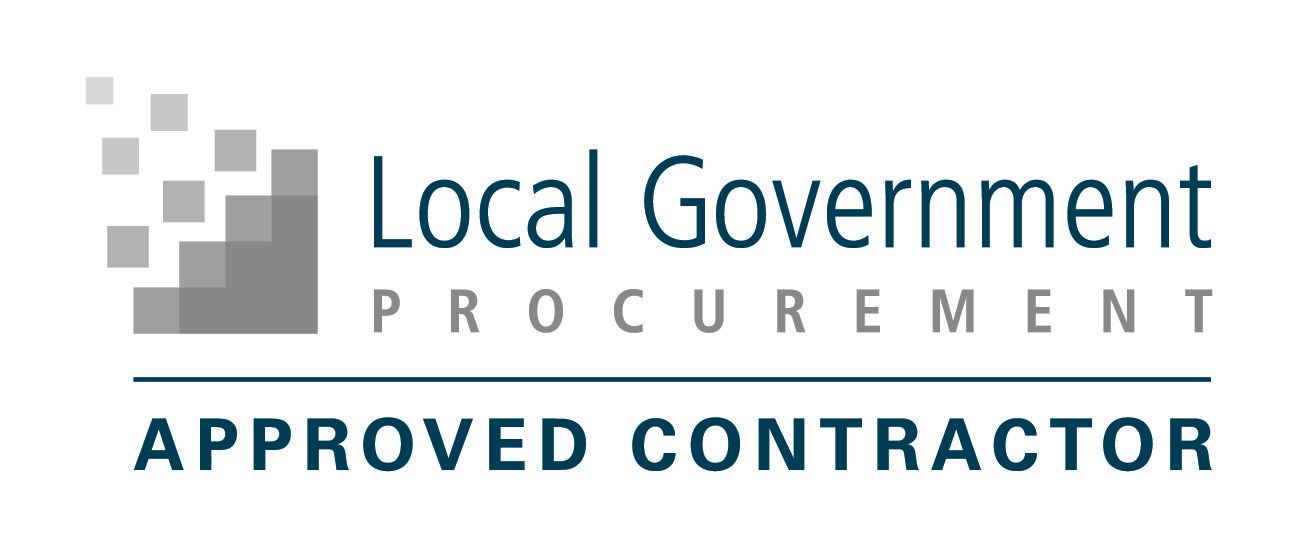What you need to know about SEO in 2021
Steven Kleina
Like most things in business, there are competing interests and priorities when it comes to search engine optimisation (SEO), meaning there is no one size fits all solution.
Businesses need to make their website and content findable in the massive ocean that is the world wide web. And that’s no small challenge when you consider that there were over 1.74 billion websites accessible through the internet as of in January 2020. Digest that number, then consider how many individual web pages there are for internet users to land on.
No matter what your business or industry, you can bet that in your own backyard there are other businesses clambering over each other to attract the same internet users to their site that you are. Search engine optimisation (SEO) is key to achieving this. It’s why companies pay for professional SEO services, and it’s why multi-disciplined marketing agencies employ qualified SEO experts.
Getting your target audience to first find your website, and then getting them to click through to your site on search engine results pages (SERPs) is the first challenge. You then have to present a compelling reason for visitors to stay on your site by providing them with engaging and valuable content as well as an intuitive and streamlined user experience. So, how can you satisfy these two masters?
SERPs and word counts
For any business promoting itself through a
website, it’s all about demonstrating your expertise, authority and trustworthiness. The reality is that search engines like Google, Bing and others only care about your content inasmuch as it answers the user’s search query. Search results are not a collection of “good” content; they are a ranked list of content that best satisfies what the user is looking for. So, don’t be afraid to disrupt your own business or your current content plan in order to serve searches. In the long-term, this will yield better results.
The key lies in making sure that you cover your topic in a manner that answers the search queries that your target audience is typing into search engines. Whether that takes 500 or 10,000 words, aim to create the best resource available for your target keyword.
Content creators don’t like to hear that, because it’s easier to write with a total word count in mind rather than a seemingly arbitrary number. But SEO writing is bigger than just how many words you write. It’s about how you write them in a manner that best answers the search queries your target audience is entering into Google, Bing and other search engines.
If content is king, then the user is queen
The old adage in SEO circles is that if content is king, then the user is queen, and she rules the universe. So, ask yourself, “Is my content matching the intent of the visitors I’m actually receiving?”. When creating content for your website, make user intent your key consideration when it comes to word count.
Ask yourself why your users are coming to your webpage and what are they looking for. In the 21st Century us humans are an impatient bunch, so give visitors to your web page what they want first to satisfy their search intent, and then give them a reason to stay on your page.
It’s worth noting that longer content typically leads to more inbound links from other websites, which in turn leads to better rankings (and more organic traffic). However, writing, say, 10,000 words and repeating yourself in your content for the sake of reaching a predetermined word count is not the answer. However, do write 10,000 words if that’s how many you need to satisfy the user intent of your target audience.
A simple formula for SEO content planning
When it comes to your content marketing strategy, SEO is certainly a key piece of the puzzle. But it is only one of many pieces of a very big puzzle with many moving parts that requires precise skill and expert knowledge to complete. To get started, here’s a simple formula for SEO content planning.
- Use a search engine such as Google or Bing to search the keywords you want your webpage to rank for.
- Identify which pages from your competitors are ranking highly for those keywords.
- Determine what qualities those pages possess.
- Create content that’s better than that.
Finally, while keyword-oriented SEO gets much of the attention in marketing circles, it’s important to note that keyword-oriented SEO works best when implemented hand-in-hand with technical SEO.
Need a hand to solve the SEO puzzle for your business and create content that appeals to both your target audience and to search engines? Let Icon’s digital marketing and SEO experts take a look.
KEEP IN TOUCH
















